Professor and Director
Gene Expression Laboratory
March of Dimes Chair in Molecular and Developmental Biology

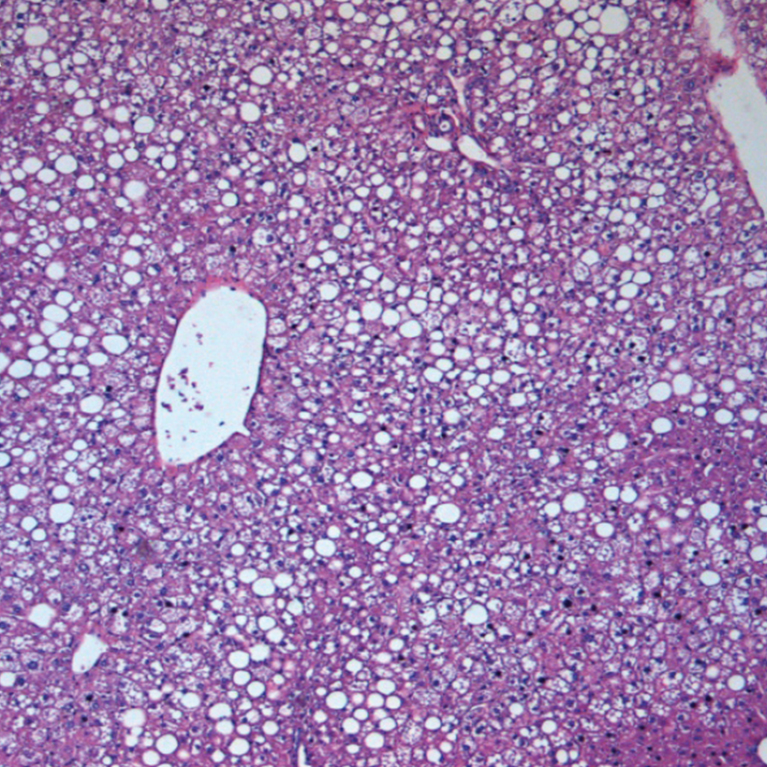
Humans are built to hunger for fat, but when deluged by foods rich in fat and sugar coupled with a sedentary lifestyle, the modern waistline often far exceeds the need to store energy for lean times. The result has been an epidemic of diabetes, heart disease and other obesity-related problems, including cancer. Although exercise and calorie restriction are known to be effective at preventing and treating diabetes, the obesity epidemic continues to grow and new drugs to treat the problem are desperately needed.
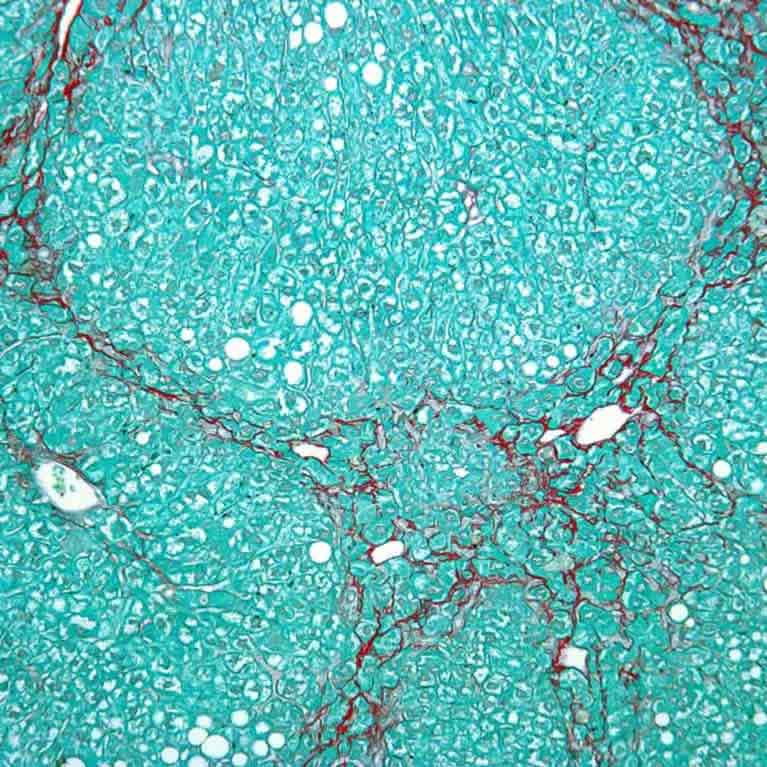
Ronald Evans is an authority on hormones, both their normal activities and their roles in disease. A major achievement in Evans’ lab was the discovery of a large family of molecules, called nuclear hormone receptors, which respond to various steroid hormones, vitamin A and thyroid hormones. These hormones help control sugar, salt, calcium and fat metabolism, affecting our daily health as well as treatment of disease. The receptors Evans discovered are primary targets in the treatment of breast cancer, prostate cancer, pancreatic cancer and leukemia, as well as osteoporosis and asthma.
In addition, Evans’ studies led to a new class of PPAR delta drugs called exercise mimetics, which promote the benefits of fitness without the need to train. Exercise mimetics represent an important advance in addressing problems arising from excess weight and obesity, such as frailty, muscular dystrophy and type 2 diabetes
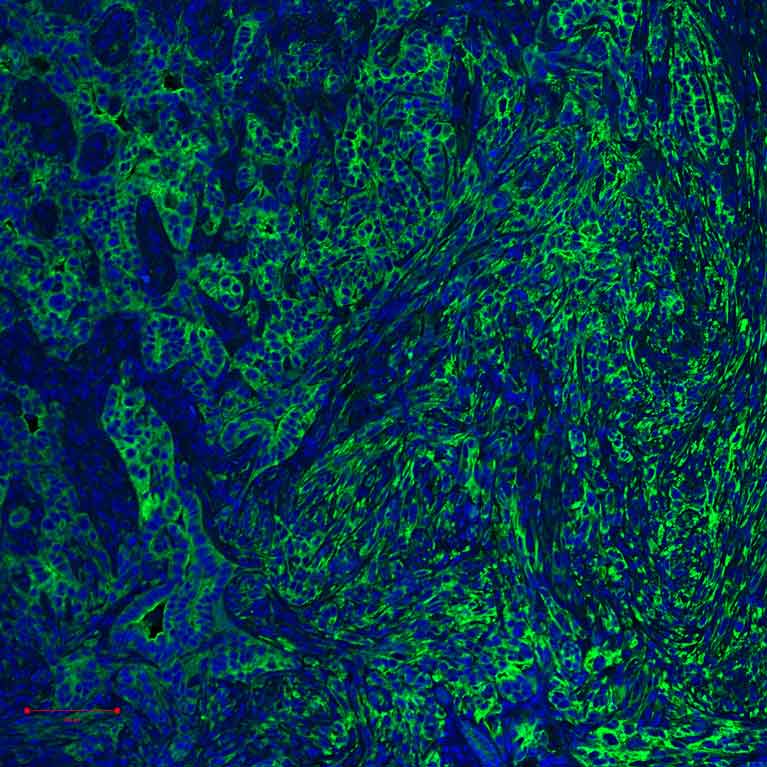
Evans’ team developed two innovative approaches for potentially treating diabetes. The group identified the missing link in the regulation of the activity of insulin—a protein known as fibroblast growth factor 1 (FGF1), which reboots glucose metabolism. Evans also developed a new type of diet pill that tricks the body into thinking it has consumed calories, causing it to burn fat. The compound effectively stopped weight gain, lowered cholesterol, controlled blood sugar and minimized inflammation in mice.
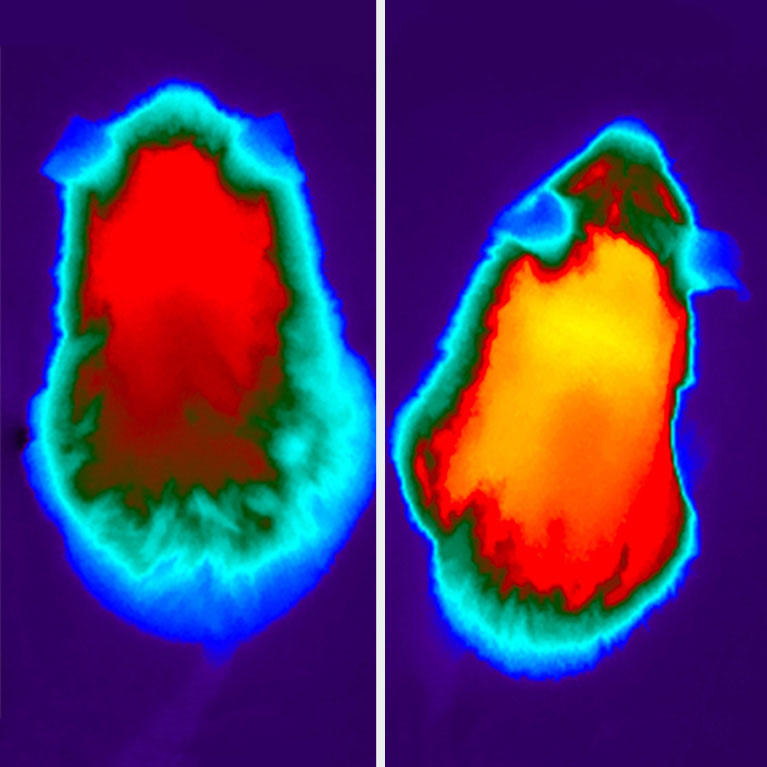
Two receptors found on the nuclei of mouse and human cells, known as REV-ERB-α and REV-ERB-β, are essential for synchronizing normal sleep and metabolic cycles. Evans’ findings describe a powerful link between circadian rhythms and metabolism as well as suggest a new direction for treating disorders of both systems, including jet lag, sleep dysfunction, obesity and diabetes.
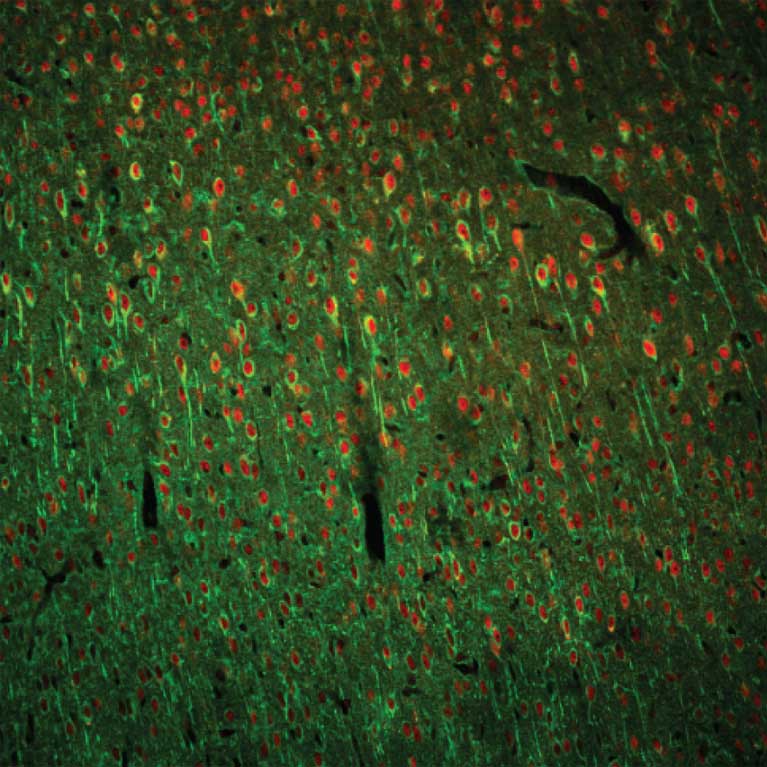
Evans’ lab discovered that a chemically modified form of vitamin D might offer a new approach to the treatment of pancreatic cancer. The vitamin D derivative makes tumor cells vulnerable to chemotherapy and more sensitive to the body’s immune system. With clinicians at the University of Pennsylvania, Evans’ team launched a clinical trial to test this drug in cancer patients.
BA, Bacteriology, University of California, Los Angeles
PhD, Microbiology and Immunology, University of California, Los Angeles
Postdoctoral Fellow, Rockefeller University